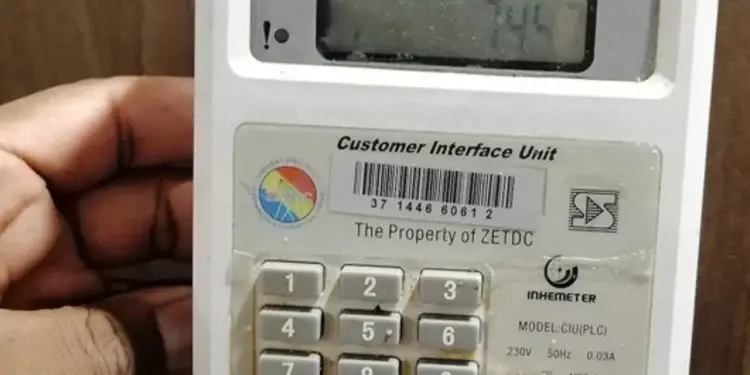In an unprecedented move, the Zimbabwe Electricity Supply Authority (ZESA) has announced that its banking halls will be open this Sunday exclusively for customers looking to purchase electricity tokens in USD currency.
This temporary arrangement is a response to the nation’s transition from the Zimbabwe Dollar (ZWL) to the newly introduced gold-backed ZiG currency.
“The transition to the ZiG currency, announced last Friday, has necessitated a temporary suspension of electricity token sales in the local currency,” explained a ZESA spokesperson. “To ensure that our customers are not left in the dark during this transitional phase, we have decided to open our banking halls this Sunday for USD transactions.”
This move comes after a period of confusion and inconvenience for customers, as the sudden shift in currency caught many off guard. “We understand the frustration this may cause, and we are doing everything in our power to accommodate our customers during this time,” the spokesperson added.
For those who cannot make it to the banking halls, ZESA assures that USD transactions can still be processed through online vending platforms. “We are aware that not everyone will be able to visit our banking halls, so we have ensured that our online platforms are equipped to handle USD transactions efficiently,” the spokesperson said.
ZESA has issued heartfelt apologies for the disruptions caused by the currency transition and reassures its customers that this is a temporary measure. “We appreciate your patience and understanding during this transition period,” the statement read. “We are committed to ensuring a smooth transition to the new currency system and minimizing any inconvenience to our valued customers.”
The power utility also emphasized its commitment to keeping the public informed and updated throughout the transition process. “We will continue to communicate any changes or updates promptly through our social media platforms and other channels,” the spokesperson assured.
Implications of the Currency Switch
The switch to the ZiG currency is part of a broader economic strategy by the Zimbabwean government to stabilize the economy and reduce reliance on foreign currencies. However, the abrupt nature of the transition has raised concerns among consumers and businesses alike.
Economic analysts are closely watching the situation, noting that the success of the currency switch will depend on the government’s ability to manage the transition smoothly and maintain public confidence in the new currency.
As Zimbabwe navigates this period of economic transition, the role of utilities like ZESA becomes even more crucial. The ability to adapt to changing circumstances and continue providing essential services will be a key factor in the country’s overall stability and growth.
Source iHarare











